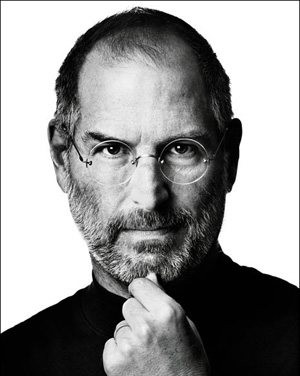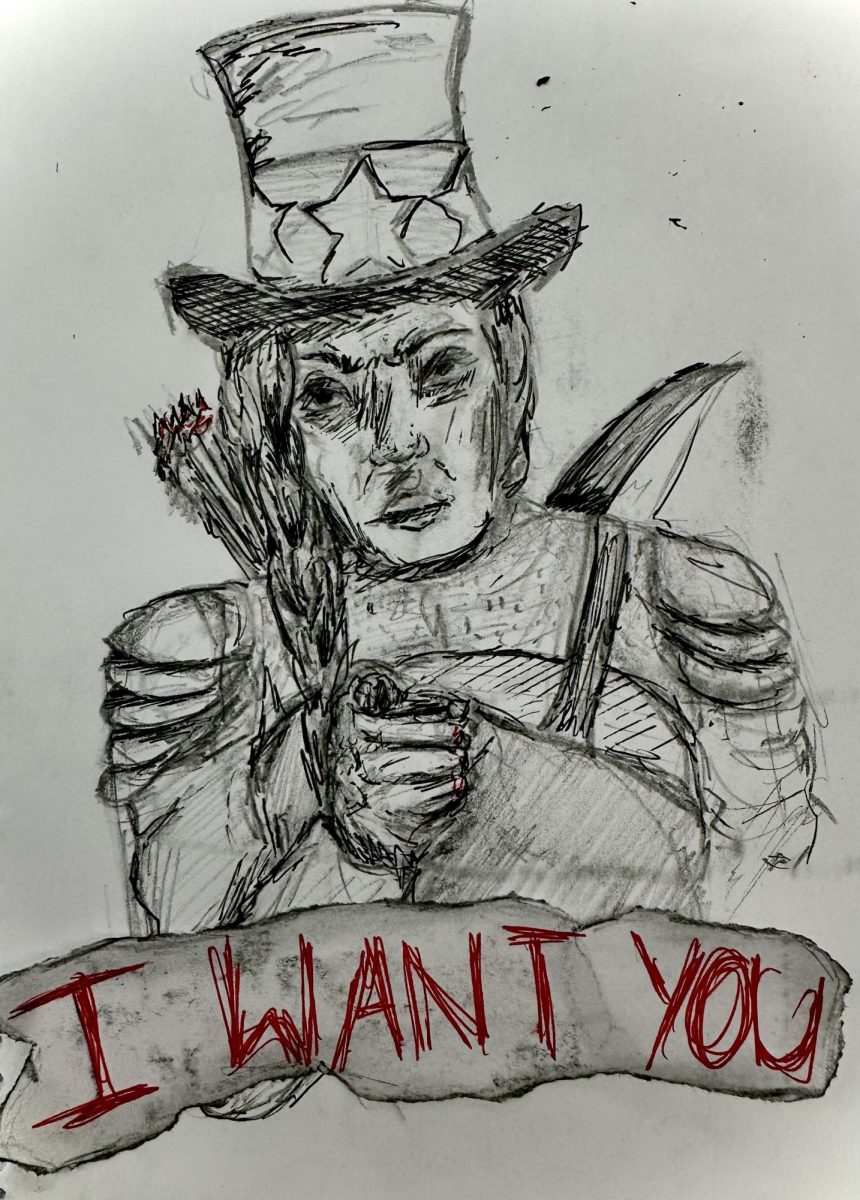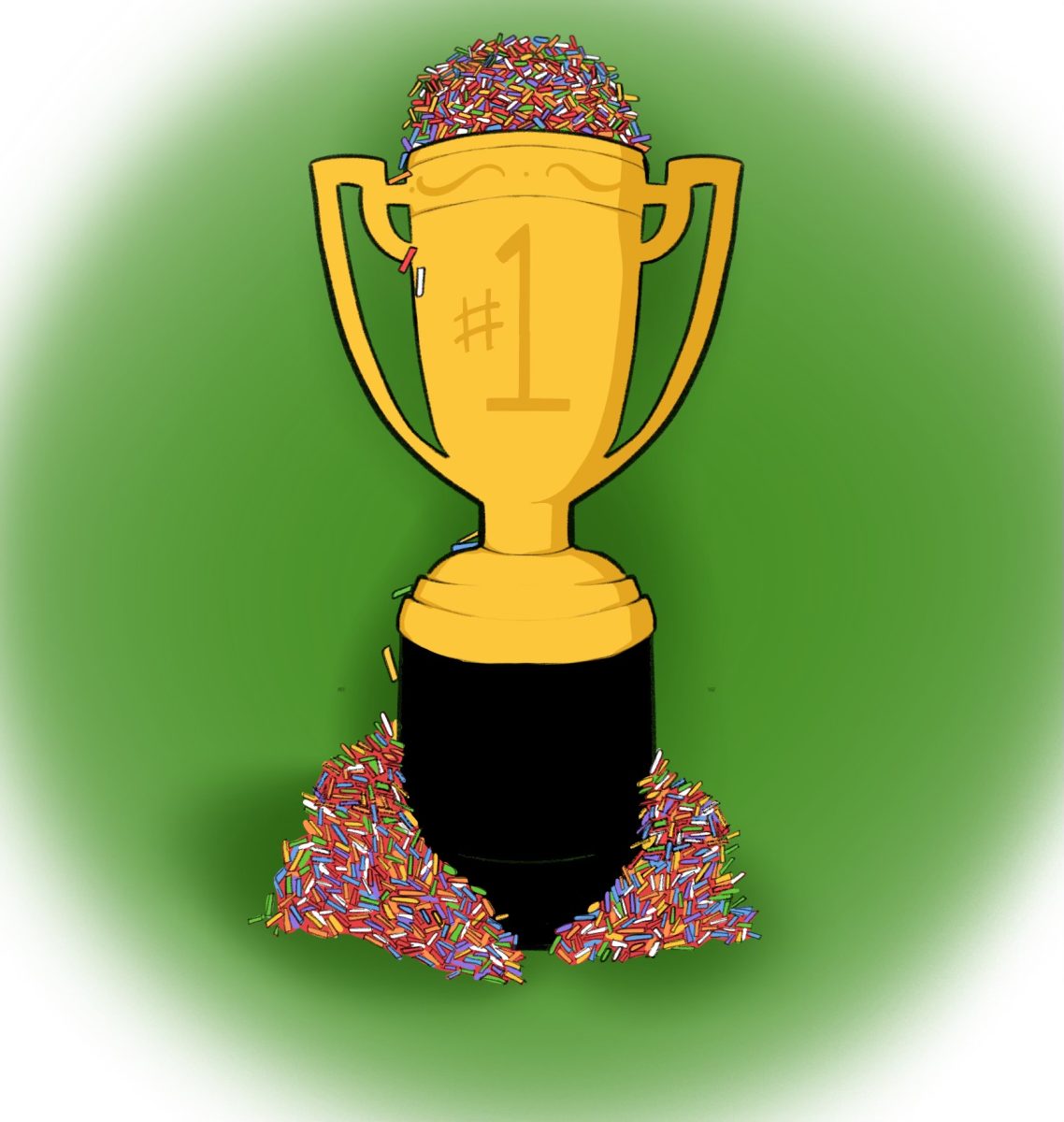By Julia Kulon
The driving force behind the Apple Inc. business monster and contributing founder of Pixar Studios, Steve Jobs passed away in his home in Palo Alto, CA on October 5, 2011. He was only 56. Jobs has been hailed the “Leonardo de Vinci” and “Albert Einstein” of his generation according to The Boston Globe.
Upon hearing about Jobs’ death, the first thing I did was log into my facebook account on my 16” Macbook and post an obligatory R.I.P. Steve Jobs status, which I later replaced with an excerpt of his famous Princeton Commencement speech that he made in 2005.
Within a short span of time, a hub of information seemed to be recounted about Jobs. Different media sources started to talk about his pancreatic cancer, started comparing recent pictures (to demonstrate how the cancer had taken its toll), reinforcing the idea that he only dropped out of Reed College after one semester, his beginnings as an entrepreneur, his familial troubles (both early and then later ones)…
It was also within this time that my friend called me to tell me the news.
“It’s pretty sad,” I admitted to her over the phone.
I then asked out of curiosity, “Your cell’s an i-Phone, isn’t it?”
She said it was.
I personally do not own an i-Phone – I have an orange Samsug instead – but most of my friends do and boast of its many cool apps. Sometimes I feel like they’re all in competition as to who finds the Angry Birds game of the season.
Another fraction of my friends have i-Phone knock-offs. But those knock-offs branched off an idea, an idea by Jobs.
Strangely enough my associations with Jobs throughout that night continued like a domino effect.
When I look back at my childhood, I think of Disney’s 101 Dalmatians, I also affectionately think of all Pixar movies, Finding Nemo, Toy Story 1 and 2. I think of my father’s girlfriend’s grandson who will look fondly back at his childhood Cars mania.
After an internal power struggle with the then CEO of Apple John Scuelly in 1986, Jobs was fired from Apple and bought the Graphics Group for $10 million. The then Graphics Group is what we now know as Pixar. The first film to be produced by Pixar, Toy Story, where Jobs is credited as executive producer, brought international fame to the company.
I remember the controversy that computer animation movies caused in the beginning. The media seemed to have two theories about computer animation. One that it would cause picture movies would go extinct. The other theory was that computer animation would never be adopted by the general status quo.
It’s 2011. Gnomeo and Juliet. Rango. Rio. Cars 2. Puss in Boots. Kung-Fu Panda 2. Must I continue? Not to mention, movies.about.com already considers Pixar babies Toy Story, Up, Finding Nemo, and The Incredibles to be classics of this generation.
Jobs returned to Apple in 1996. In the next fifteen years, he kept improving the Macintosh computer. He introduced the world to the i-Pod, i-Phone, i-Touch and i-Pad. Jobs introduced the world to i-Tunes. He revolutionized the music industry and the idea of portable music.
The next day when I boarded the CTA, I subconsciously counted the number of white headphones I could see prodding out of people’s ears. It was easier for me to see who wasn’t wearing headphones – Apple or not.
His ideas are alive and well.
Jobs is no longer on this earth, but his ideas are still here. In your ears, at your finger tips, in your myriad of Photobooth pictures, he’s still here. And I have a feeling he’ll be around for quite some time.





